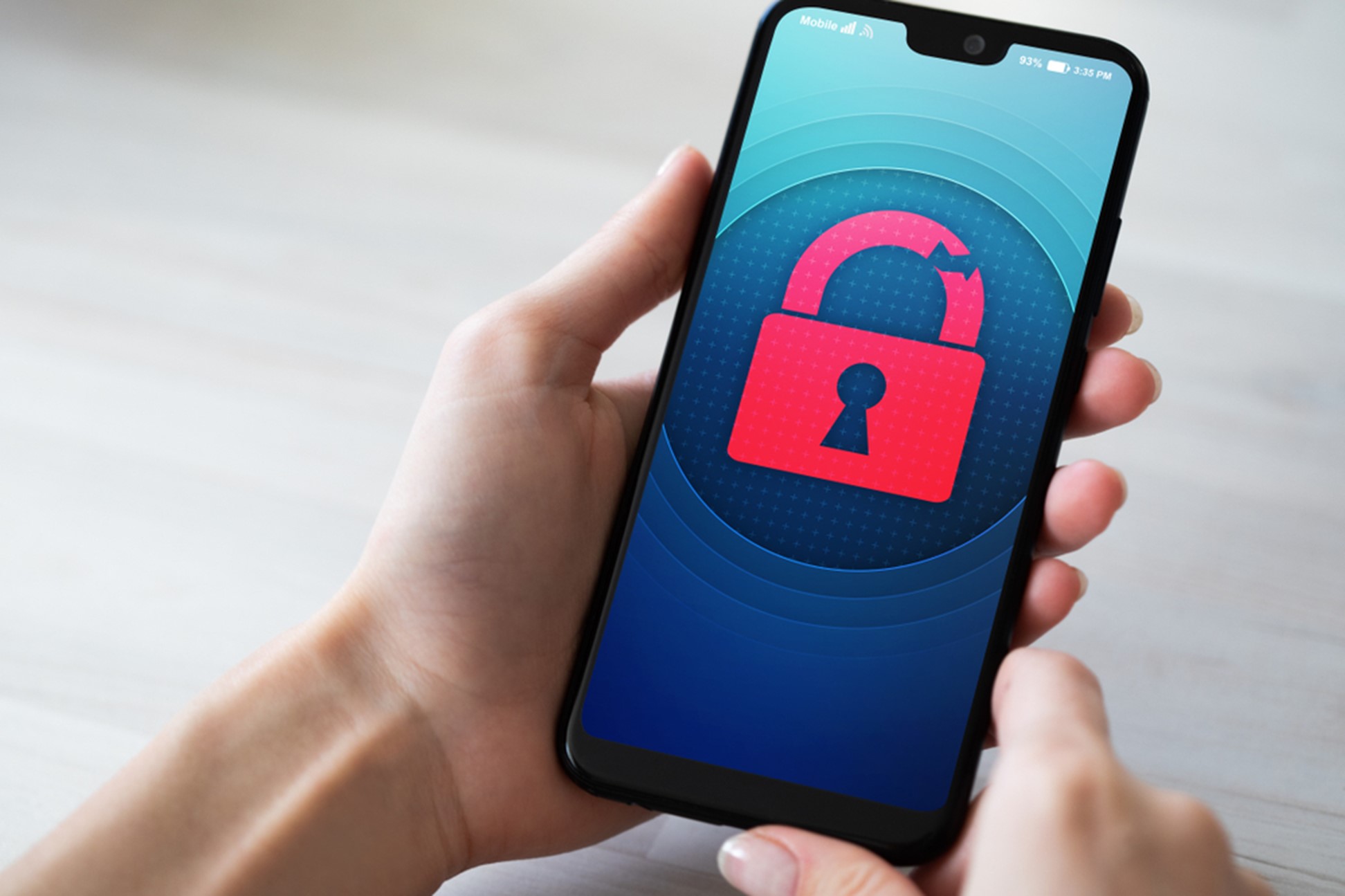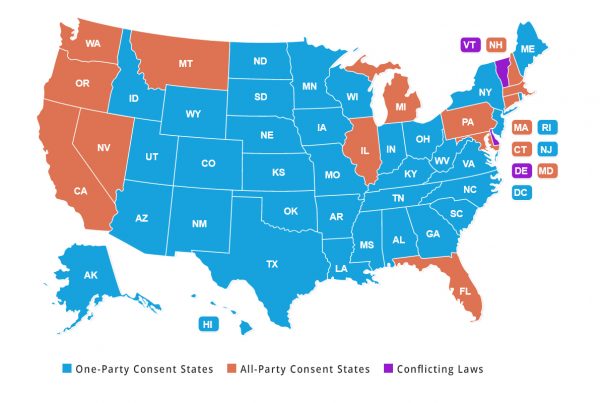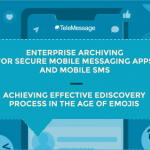Data that is classified as private, confidential, sensitive, or confidential information is considered a critical asset of any organization. A data breach can damage a large organization’s reputation and result in billions of dollars in revenue loss. Regulatory authorities worldwide enforce strict rules on confidential data protection because if they accidentally fall into the wrong hands, it will severely impact the business clients, finances, and reputation. Information leakages can happen primarily through unauthorized third-party access, phishing scams, and employees deliberately stealing and inadvertently sharing information. In all cases, unsecured tools are the primary mediums of data leakages.
As the worlds’ largest companies, the impact of a data breach in Fortune 2000 companies means greater damage to their reputation and loss of billions of dollars in profit. IBM’s Cost of a Data Breach Report shows that the average total cost of a data breach is $3.86 million, and it keeps rising every year. When such incidents happen in Fortune 2000 companies, their stock prices can go down, stock owners could lose their trust and confidence, and potential clients will never invest in their stocks.
As prevention is always better than cure, Fortune 2000 companies need to adopt data recording and archiving solutions to keep the information exchange in their companies constantly monitored and retained if any discovery need arises. Therefore, the first step to protecting confidential information is capturing voice calls, text messages and archiving for mobile compliance.
What is a Fortune 2000 company?
Fortune 2000 companies are the world’s largest public companies which rank annually by The Forbes magazine based on four metrics sales, profits, assets, and market value. Forbes magazine has been publishing this list since 2003. Even though due to the covid-19 pandemic, the sales and profits have decreased in the past year, their assets and market value have been increased, and the minimum market value considered for 2021 rankings was $8.26 billion.
In 2021, the ten largest Fortune 2000 companies include the Industrial and Commercial Bank of China, JPMorgan Chase, Berkshire Hathaway, China Construction Bank, Saudi Aramco, Apple Inc., Bank of America, Ping An Insurance, Agricultural Bank of China, and Amazon.com, Inc. The major business sectors Fortune 2000 companies belong to include Banking and Finance, Oil and gas companies, Computer software, and Retails.
Confidential Information leakage cases in Fortune 2000 companies
JP Morgan Chase is one of the largest Banks in the USA. In July 2014, the company revealed that it faced a larger computer hack that affected around 83 million household and business accounts. It was one of the largest information leakages in history, which impacted nearly two-thirds of American households. The exposed confidential information includes Names, addresses, phone numbers, and email addresses. The company has not disclosed the total loss of the leakage, but they have allocated $250 million a year to enhance their security afterward.
Home Depot of the United States has also fallen victim to confidential data leakages several times. Before its major data breach incidents in September 2014, two former HR associates were found stealing 30,000 records of employees to open fraudulent credit cards. Then in 2014, their point-of-sale systems were hacked, compromising 56 million credit and debit cards, which led to a loss of $179 million.
Recently, a Walmart supplier has informed them that an unauthorized party has compromised their data hosting service, and many Walmart pharmacy patient records have been stolen. The sensitive information leaked includes names, addresses, telephone numbers, medications, and prescription information. Although the company has not revealed any damage, this example shows that even third parties involved can pose serious threats.
Past and Present of Information leakages
The list of data leakage incidents goes on, and it has become a never-ending phenomenon. Not only personal confidential information but also confidential business deals even leak through private communication mediums. Also, confidential information leakage due to mobile devices increases every year because mobiles are heavily vulnerable to phishing attacks and unintentional information leakage. Therefore, to prevent such incidents, mobile compliance is an essential process.
In the past, organizations were required to establish cyber security measures only for devices like desktop and laptop computers, servers, and data centers. However, at present, mobile communications have become the norm, and the data protection mechanisms now have to include capturing mobile calls, text messages, and archival of such data. Many regulatory bodies require companies in Fortune 2000 list to comply with mobile archiving requirements such as FCA archiving and FINRA retention requirements.
How to prevent confidential data leaks while ensuring mobile compliance?
As discussed earlier, the prevention of sensitive and private confidential information is one of the top priorities of Fortune 2000 companies because they need to avoid financial and reputational damages and comply with regulations.
Regulatory bodies like Financial Conduct Authority (FCA), Financial Industry Regulatory Authority (FINRA), the Securities and Exchange Commission (SEC) require Fortune 2000 companies to capture and archive mobile communications because they can prevent leaking confidential information. Also, if a data breach occurs, companies need to have an efficient method to facilitate e-discovery requests. Another key requirement for protecting information is encryption which helps to improve the privacy and confidentiality of sensitive information.
Proper archiving solutions can encrypt the data while they are being stored in the archives. Therefore, the Fortune 2000 companies need centralized mobile call capturing, archiving, and text message archiver solutions.
How TeleMessage help protect the sensitive information of fortune 2000 companies?
TeleMessage Mobile Archiver is an enterprise messaging app that enables any organization to capture voice calls, text messages and archive them to achieve communication compliance. It is a centralized and unified solution where organizations can use secure mobile messaging solutions such as WhatsApp, WeChat, or Signal while complying with regulatory standards.
TeleMessage mobile archiver solutions have been designed to meet various regulatory compliances, including MiFID II, SEC, Dodd-Frank Act, MAS, SFC, and many more. It provides faster access to archived data facilitating faster audit trials and legal investigations. Therefore, Global companies, including Fortune 2000 companies, can ensure their sensitive data are being monitored all the time and identify suspicious electronic communications that cal leads to confidential data leakages.
About TeleMessage
TeleMessage captures and retains mobile content, including mobile SMS messages, voice calls, WhatsApp, and WeChat conversations from corporate or BYOD mobile phones to ensure compliance with various data protection regulations. The messages are securely and reliably retained within TeleMessage servers or forwarded to your choice of archiving data storage vendor.
Our mobile archiving products securely record content from mobile carriers and mobile devices for various ownership models (BYOD, CYOD, and employer-issued). With our multiple archiving solutions, you can always find the right tools or blend for your requirements:
- Network Archiver
- Enterprise Number Archiver
- Android Archiver
- WhatsApp Archiver
- WeChat Archiver
- Signal Archiver
- Telegram Archiver
TeleMessage offers cross-carrier and international mobile text & call archiving for corporate and BYOD phones. Visit our website at www.telemessage.com to learn more about our mobile archiving products.






